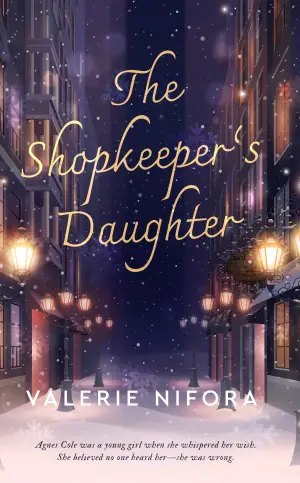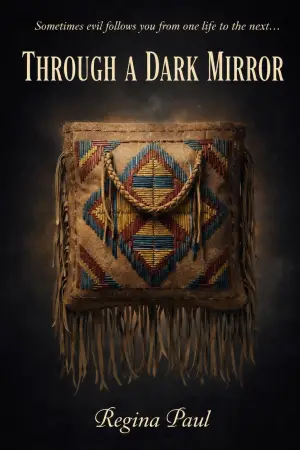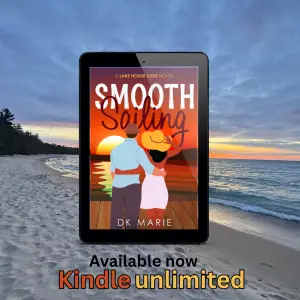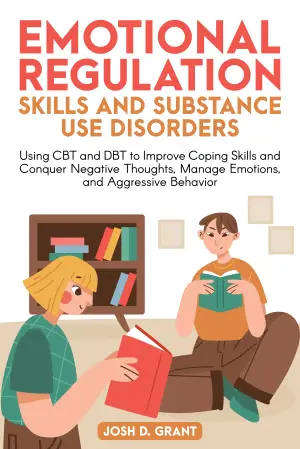I recently had the pleasure of diving into The Best Science Fiction of the Year, Volume 7, a compelling anthology edited by Neil Clarke. Being an avid reader of science fiction, I was drawn in by the promise of fresh narratives and innovative concepts. With the inclusion of stories by acclaimed authors such as Hannu Rajaniemi and Ken Liu, I was eagerly anticipating a collection that would not only entertain but also challenge my perceptions of the genre.
The anthology opens with Muallim by Ray Nayler, immersing readers in an intriguing narrative set within a remote village where the residents are determined to save their robot teacher from being fired. The exploration of AI’s role in education and social structures immediately created a thought-provoking atmosphere. Themes of humanity’s relationship with technology are woven throughout the stories, establishing a rich narrative tapestry.
One of the most delightful surprises was the poetry-loving AI managing the wastewater treatment facility. This quirky detail may seem trivial, but it perfectly illustrates the innovative storytelling that Clarke aims for in his curated collection. The theme of isolation is beautifully captured in another story about a pop idol stranded on Enceladus, desperately seeking connection. It’s all these nuances that truly resonate, making the anthology feel like a snapshot of current sci-fi creativity.
Readers seem to appreciate the anthology’s depth and imagination, as one reviewer noted how it could be read in one sitting, praising the collection’s ability to engage even those with busy lives. I found myself similarly engrossed; each story left me wanting more and compelled to virtually flip through the pages in anticipation of what awaited me next.
However, not all stories hit the mark for every reader. Some noted that certain narratives felt “mediocre,” comparing the quality to other respected collections. I can understand where this sentiment stems from—while many stories shine, a few felt underdeveloped or lacking the scientific backbone that hard sci-fi enthusiasts may expect. For instance, one reviewer mentioned that they found several plot lines weak, which struck a chord with me as I noticed some stories could have benefitted from tighter pacing or more robust world-building.
That said, the anthology is not without its gems. The last story, Bots of the Lost Ark by Suzanne Palmer, was particularly noteworthy for me, standing tall among the collection. It expertly encapsulated the collection’s adventurous spirit, navigating themes of AI in a way that felt both fresh and entertaining.
Upon reflection of the overall experience, I appreciated the diversity in storytelling and the inclusion of international voices—something quite rare and bountiful in this anthology. Neil Clarke clearly strives to introduce tales that differ from the conventional Anglo-Saxon perspectives, allowing readers to explore cultural and technological reflections through a varied lens.
One aspect that many readers echoed in their reviews was the anthology’s readability. It certainly delivered on that front. Despite some bumps in narrative quality, the high points outweighed the lows, leading to a satisfying reading experience. I could see why one reviewer labeled it as the best edition in some time, highlighting fresh, new authors.
In conclusion, whether you are a die-hard sci-fi aficionado or someone looking to dip their toes into the genre, The Best Science Fiction of the Year, Volume 7 offers a feasible entry point. It’s a collection that balances creativity with engaging storytelling, even if it occasionally falters in consistency. Overall, I find this anthology worthy of a solid four stars, and I would recommend it to anyone eager to explore innovative ideas in science fiction. Clarke’s selections certainly pave the way for exciting future works and promise a rich dialogue about where the genre is headed.








